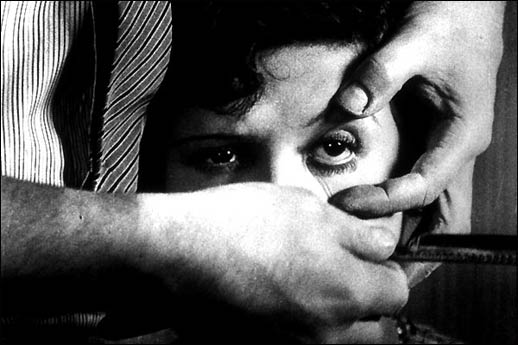
The Reel Deal by Patricia Furnish
Hot Coffee (2011)
First-time director and former trial lawyer Susan Saladoff directed and produced an advocacy documentary film that serves as a tutorial on the malfunctions of the U.S. criminal justice system.
She focuses on aspects of so-called “tort reform,” a pejorative term to some people interviewed in the film (one person even refused to say it), which means changes to the area of civil litigation that deals with personal injury and monetary compensation. In the current political climate, the issue is highly partisan.
The central concern of Saladoff is that the U.S. public grossly misunderstands or is ignorant of basic aspects of the judicial system.
She uses four examples, in the form of “case files,” to explore the harm that such ignorance does to the citizenry.
First is one of the “greats” in popular culture and the basis for the film’s title, the woman who sued McDonald’s because the coffee she purchased burned her.
Viewers will likely compare their awareness of the case to those depicted in the film’s “man-on-the-street” interviews. Saladoff educates viewers about the facts of the case, and, with one particular evidentiary photo that I will *never* forget, her point is well-taken.
People in the film, as proxies for the larger vacuity of our understanding on the subject, speak with confidence that they know the case was a signature example of the “frivolous lawsuit.”
Saladoff reveals that we, in fact, do not know the facts of the case and, perhaps worse, have been primed to use such terms as “frivolous lawsuit” and “tort reform” by such conservative wordsmiths as Frank Luntz, promoter of the terms “death tax” and “climate change.” We repeat these phrases, taking positions of outrage about the current culture of litigiousness and greed without having performed due diligence.
The remainder of the film explores other facets of our malfunctioning criminal justice system with three other representative cases. One involves a medical malpractice lawsuit and caps on damages, another is on an election campaign and the subsequent prosecution of a judge from Mississippi, and a final case addresses sexual assault and binding employment contracts that require mandatory arbitration instead of a trial.
The last “case file” from the film is worth discussing further. Those viewers who are predisposed to rally to Saladoff’s call to action should take her advice and investigate further, even if she did not.
Jamie Leigh Jones’ case against Kellogg Brown & Root (KBR) has had a particularly disturbing afterlife since the release of Hot Coffee. The truth is more elusive than the documentary would have us believe.
Opponents of the U.S. invasion and war in Iraq may loathe corporate privatization of many aspects of the war effort. KBR is a delectable morsel, too, since former Vice President Dick Cheney served as Halliburton’s vice president in 1995. KBR was its subsidiary until 2006.
Mother Jones reporter Stephanie Mencimer decided to investigate the evidence in the Jones case after she left a screening of Hot Coffee.
The documentary can have that effect upon viewers. We, too, should be spurred to know more about the factual details of these high-profile cases.
Mencimer has uncovered that the documentary itself failed to achieve the standards it asks viewers to aspire to. Mencimer wrote in her 2013 article on the case, “When I talked to Susan Saladoff in 2012 about the possibility that Jones wasn’t entirely truthful, she expressed disbelief. She hadn’t examined the trial evidence, but she had spent hours with Jones and found her totally believable.”
Hot Coffee performs a civic duty by asking us to reconsider what we think we know about the justice system and the cases that enter the system, as well as those that never can.
It is easy to seek information that confirms what we already think is true. Otherwise, we would have to admit we were wrong.
However, these four cases are not created equal, and we should approach them with skepticism. That is what Saladoff is asking of us, the citizen jury.
For an overview and update on the Jamie Leigh Jones case, see this 2013 article in Washington Monthly from Mother Jones reporter Stephanie Mencimer: http://www.washingtonmonthly.com/magazine/november_december_2013/features/the_war_of_rape047355.php?page=all
Jane Mayer wrote with precision about the troubling relationship between Dick Cheney, the war in Iraq and Halliburton in her 2004 New Yorker article, Contract Sport.
Want to know more about Frank Luntz and see his work as a corporate consultant? Check out the Frontline episode called The Persuaders.
15 February 2014
